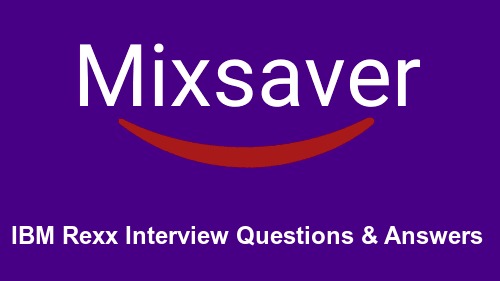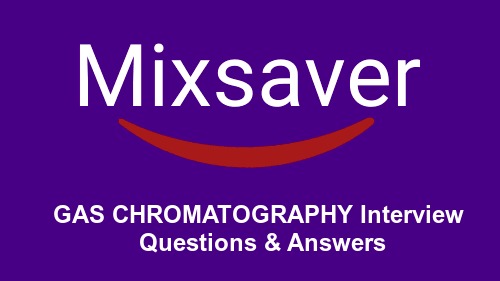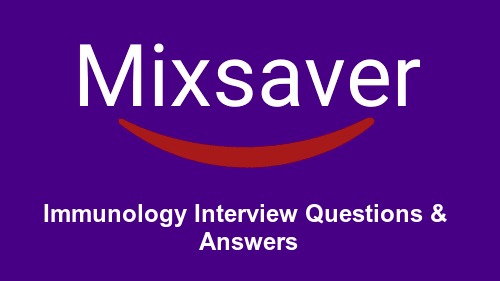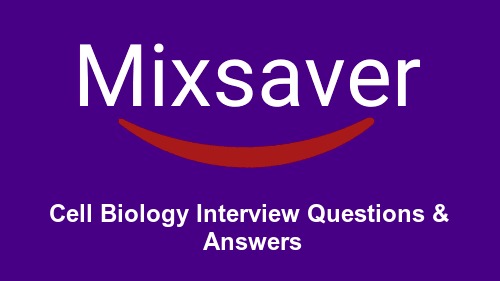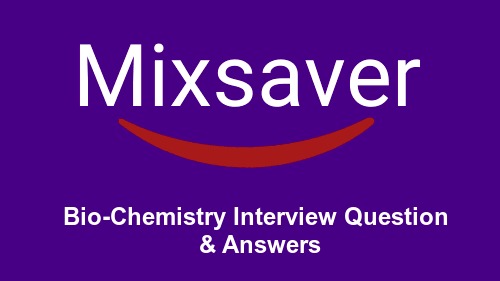1. Can I cleanly uninstall ooRexx?
Yes!
2. Can I combine uni-REXX with a compiled language in my application? What application programming interfaces are available? For example, can I share variables between uni-REXX and a compiled language?
uni-REXX offers a complete set of Application Programming Interfaces (APIs). These APIs allow you to start a Rexx program from the compiled language program define new host command environments for Rexx access Rexx program variables access the Rexx program stack specify user-supplied exits terminate the Rexx program add user-defined functions that can be called by the Rexx program The uni-REXX Reference Manual contains complete documentation for all of these APIs, including examples and documentation of the control blocks used by the APIs. The uni-REXX Sample Library includes a variety of examples illustrating the use of APIs individually and in combination.
4. Can I redistribute ooRexx freely with commercial software?
Yes!
5. Can ooRexx run IBM Object REXX programs?
Yes!
6. Can ooRexx run normal Rexx programs?
Yes!
7. Does uni-REXX give me any capabilities designed specifically for the UNIX environment?
In addition to the standard language features, uni-REXX includes a rich set of functions designed specifically for a UNIX environment. These functions can be classified into the following categories (with examples of each shown in parentheses): environment control (CHDIR, GETENV, PUTENV, GETCWD, etc.) file and directory management (_OPENDIR, _READDIR, _STAT, etc.) process management (_GETPID, _FORK, _WAIT, _KILL, etc.) configuration management (_GETUID, _GETHOSTNAME, etc.) system error processing (_ERRNO, _SYSERRLIST) regular expression processing (_REGEX) interprocess communications (_SOCKET, _CONNECT, _SEND, _RECV, etc.) The uni-REXX Reference Manual provides detailed documentation of all of these UNIX-specific functions, including examples. The uni-REXX sample library includes an example of a client/server application written in uni-REXX. The TWG Technical Support staff is also available to answer your questions.
8. For which platforms is uni-REXX available?
uni-REXX is now available on SUN's Solaris 7/8/9, H/P's HP/UX 10/11, IBM's AIX 4/5, SGI's IRIX 5/6, NCR UNIX, Linux Intel and S/390.
9. Have you already used Rexx - even for limited purposes? Do you need to maintain a high level of productivity during your transition to UNIX?
Further, uni-REXX is very easy to use, even if your previous experience with it is limited. The syntax is very natural (English-like); there are no data types to declare; interpretive execution facilitates rapid development and debugging; and the interface to the operating system is seamless.
10. How long does the install of ooRexx take?
30 seconds or less, depending on your hardware!
11. If I have limited experience with Rexx or it's been a long time since I've used it, what kind of help is available to get me started?
uni-REXX comes with a sample library that includes a examples of a variety of application types. These include * utilities for: date calculations and conversions printing on a remote host creating new userids (AIX) running dbxw debugger on a process in another window simulating the "which" command for UNIX implementations that do not have it printing a visual depiction of a directory structure * functions to: convert a system-independent filename into a local filename perform specialized string search add math functions to uni-REXX * filters to: uppercase all characters in an input stream replace simulated box drawing (using "|", "+", "_") with real box drawing characters remove backspace characters from an input stream (useful for reformatting the output of a man page for ASCII printing * illustrations of using the APIs to embed uni-REXX as a scripting language in compiled language applications * example of using the UNIX-specific functions for a client/server application
12. Is ooRexx compatible with IBM Object REXX?
Yes!
13. Is ooRexx compatible with Rexx?
Yes!
14. Is there an AIX version of ooRexx?
ooRexx for AIX is available starting with the 3.1 release.
15. What is uni-REXX?
uni-REXX is a UNIX implementation of IBM's popular Rexx programming language as defined by M. F. Cowlishaw in The Rexx Language.
16. For which platforms is uni-REXX available?
uni-REXX is now available on SUN's Solaris 7/8/9, H/P's HP/UX 10/11, IBM's AIX 4/5, SGI's IRIX 5/6, NCR UNIX, Linux Intel and S/390.
17. What would I use uni-REXX for?
uni-REXX can be used for a wide variety of purposes. The most popular include
• automating system administration tasks
• development of end-user applications
• rapid prototyping of compiled-language applications
uni-REXX can also be embedded as a scripting language or system-control language in other applications.
18. What is the difference between ooRexx and IBM's Object REXX for Windows?
IBM's Object REXX was available in two formats; an Interpreter Edition and a Development Edition. ooRexx will be available in one format which is half way between the two IBM offerings. There will be no functional difference between the Object REXX and ooRexx interpreters; code written for Object REXX will work with ooRexx.
19. What is uni-REXX?
uni-REXX is a UNIX implementation of IBM's popular Rexx programming language as defined by M. F. Cowlishaw in The Rexx Language,
20. What would I use uni-REXX for?
uni-REXX can be used for a wide variety of purposes. The most popular include automating system administration tasks development of end-user applications rapid prototyping of compiled-language applications uni-REXX can also be embedded as a scripting language or system-control language in other applications.
21. When will a port of ooRexx to "XYZ" be available?
Any POSIX-based, Un*x-like platform is likely to already be available in the source distribution due to the use of the autoconf toolset. If not, then support for the particular platform will need to be implemented in a future version of ooRexx.
22. Why is there no OS/2 (eCS) port of ooRexx?
The source code provided to RexxLA was maintained by one group of IBM developers. The source code for OS/2 is maintained by a different group of IBM developers, and that source code base was not supplied to RexxLA. One of the future tasks for this project is to port the Open Source code for ooRexx to OS/2.
